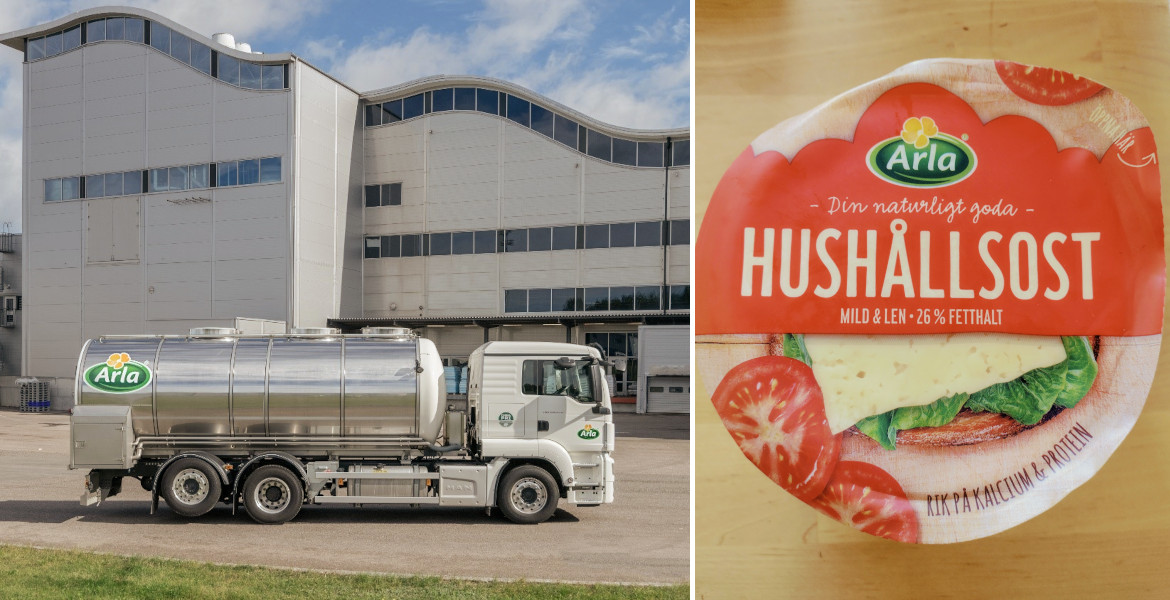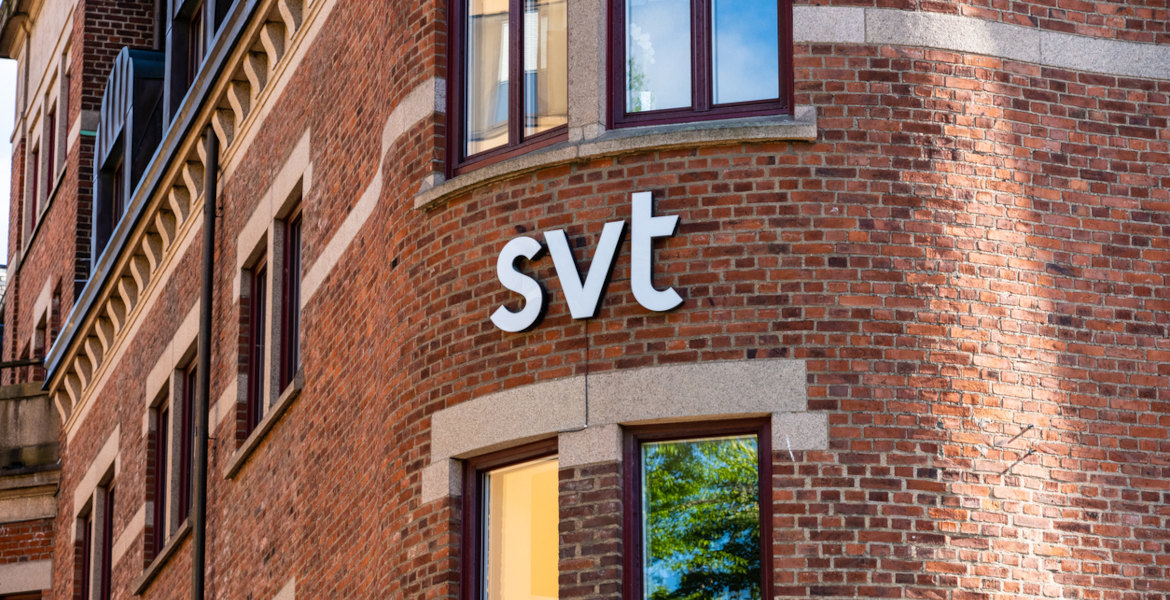Despite persistent criticism from environmental organizations, activists, and concerned consumers, dairy giant Arla wants to further increase its use of GMO-produced rennet in its cheese production. The stated aim is to make production more cost-effective – something the company itself describes as absolutely necessary in order to remain competitive.
– This production is important for us to achieve cost-effective cheese production, Magnus Larsson of Arla Foods told the tax-funded Radio Sweden.
The enzyme in question is chymosin, which is produced using genetically modified microorganisms – a biotechnological method that is now common in industrial cheese production. The enzyme itself is not genetically modified, but it is produced by organisms that have been developed using genetic engineering. Arla already uses the technology in several of its most popular cheeses and now wants to scale up its use.
"The enzyme that we are gradually switching to using in some of our cheeses is not genetically modified; it is identical to that produced in rennet and is produced using microorganisms. It is these microorganisms that have been developed using genetic engineering; the enzyme added to the cheese is therefore not genetically modified, and there are no traces of the microorganisms left in the cheese. Arla never allows GMOs in its products, regardless of where they are produced, and we do not use any genetically modified ingredients in our products, Magnus Larsson continues.
Proud of GMO-free feed
But the criticism remains. According to several surveys, many consumers have very low confidence in GMO technology in food – even when it comes to indirect manufacturing steps such as enzyme production. Critics also argue that the distinction between what is GMO-free and what is not is difficult to explain to consumers, especially when the labeling is unclear.
Arla, for its part, maintains that the end product – the cheese itself – is free from genetically modified substances and sees no problem with using the technology as long as it is approved under current regulations.
At the same time, the company is maintaining its policy of GMO-free feed for Swedish dairy cows, despite the fact that the industry organization LRF last year dropped its previous opposition to GMO feed. In April, Arla's CEO Henri de Sauvage commented on the decision as follows:
“It is natural that each dairy company should decide for itself how it wants to proceed, and Arla's assessment is that we will continue to maintain our position on GMO-free feed for Swedish cows. Sweden is a very important market for the group, and we believe that this is currently good for Arla's brand and our business.”
Mixed messages cause confusion
It should be noted that several of Arla's best-selling cheeses already contain GMO-produced rennet, including the popular household cheese. At the same time, Arla is trying to present the change as something positive, highlighting, among other things, that the industrially produced enzyme provides a more consistent quality than traditional rennet and that their cheeses can now be eaten by those who "prefer a vegetarian diet".
Arla's double stance, opposing the use of genetically modified organisms in animal feed while seeking to increase the use of GMO-produced rennet in its production, has provoked strong reactions on social media, where many question the company's credibility on the GMO issue.
Critics argue that Arla is trying to maintain a GMO-free image to the outside world, while in practice increasing its dependence on genetic engineering in the manufacturing process – something they believe risks undermining trust in the brand and misleading consumers.




